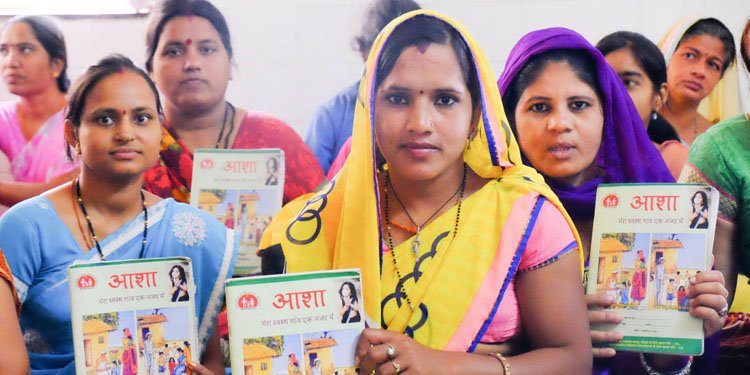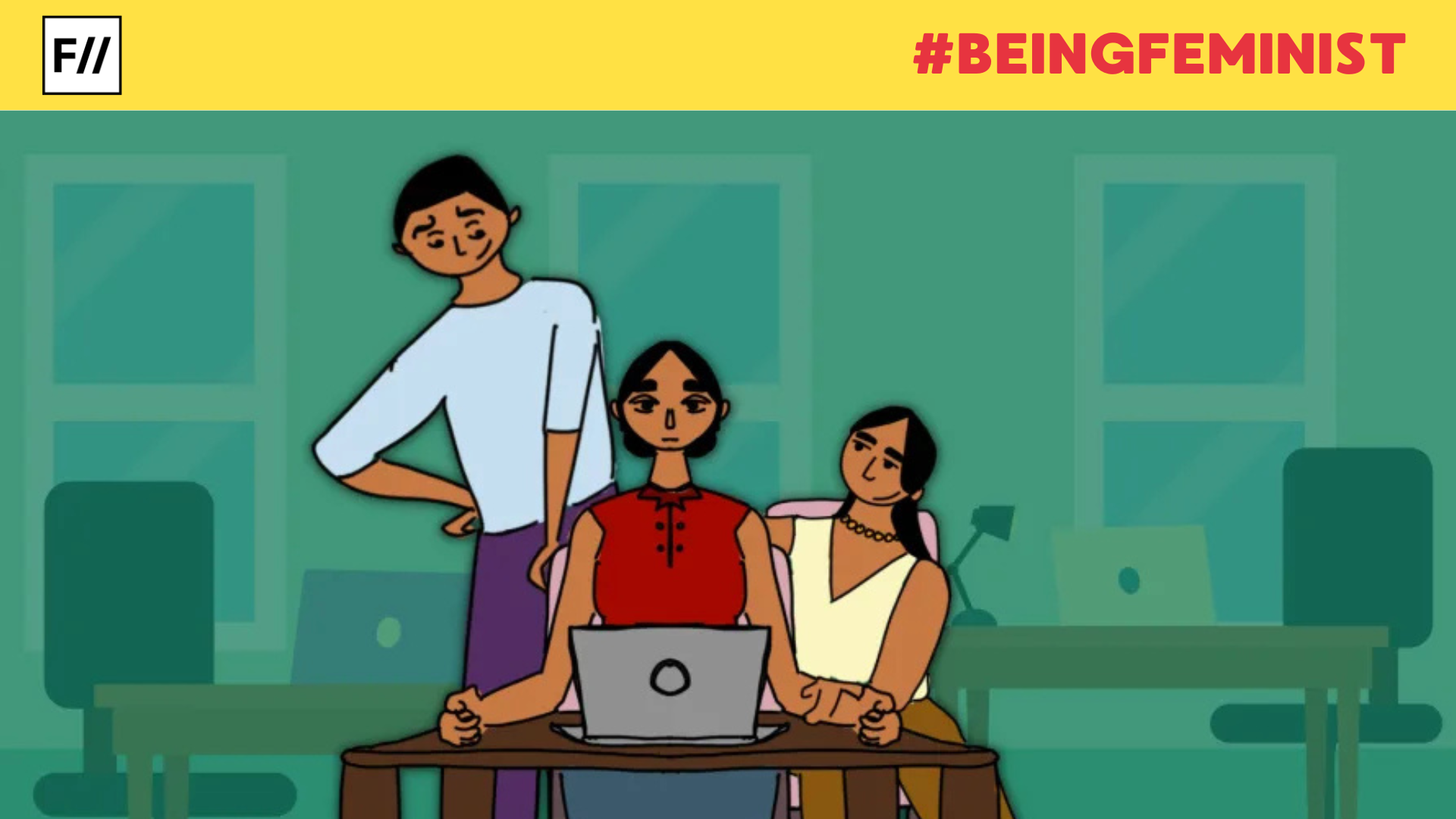Posted by Pritisha and Mikaela
In 1975, India took a historic step by passing the Medical Termination Act (MTP). The act gave legal provision to women to terminate their pregnancies, but came with certain barriers. Although women now have the right to choose, this legal provision placed a time limit to such termination, that is, 20 gestation weeks. This limitation has been challenged by many women groups because in most cases, due to familial, social, and other pressures, by the time a woman is able to decide to terminate her pregnancy, 20 weeks have already passed. Hence, women are unable to terminate their pregnancy according to their choice. Such limitations violate a woman’s right to life and liberty, which is enshrined in our constitution under Article 21 of the constitution.
After much effort and struggle, an amendment was made in 2002; this act is now referred to as Medical Termination of Pregnancy Amendment Act, 2002. The amendment recognises a safe place for abortion – a hospital run or maintained by the government, or any place approved by the Government or District Level Committee constituted by that Government with the Chief Medical Officer or District Health Officer as the Chairperson of said committee.
Also read: No, My Abortion Was Neither Traumatic Nor Regrettable
Additionally, it states that if the pregnancy is less than 12 weeks, the opinion of only a single doctor is necessary, if the pregnancy is between 12-20 weeks, the agreement of two registered medical practitioners is necessary, and at any stage where it is necessary to terminate the pregnancy to save the life of a woman, the opinion of a single registered medical practitioner will be considered.
Although the amendments are now implemented, no change in regard to an increase of gestation period has been made. Initially, in order to save the girl child through the prevention of sex-selective abortions, low gestation period was taken into consideration. But here the question is: what about the women who develop complications in the upper the limit of the gestation period? What about vulnerable women, or survivors of rape?
in most cases, due to familial, social, and other pressures, by the time a woman is able to decide to terminate her pregnancy, 20 weeks have already passed.
Although abortion is their legal right, there remain certain barriers which prevent women from accessing safe abortion services in India. The two of us are currently associated in the development sector with a focus on women’s health issues and far too often, we come across stories of women who cannot access abortion services despite its legality in our country.
During a recent field visit to rural areas of Rajasthan, we were confronted with stigma associated to abortions, inaccessibility of adequate comprehensive abortion care, and lack of awareness surrounding the practice. Although women are aware that abortion is their legal right, they are unaware of where they can access abortion services. By talking to women and health practitioners, we realised that the non-accessibility of abortion services is based primarily on moral and political grounds – because of such non-availability women end up in unsafe abortion practices.

Stigma related to abortion is another challenge women face in their day-to-day life. These stigmas are influenced by social, cultural, political, and economic factors. Society looks at abortion through the lens of moral and societal norms. Women who want to terminate their pregnancies have to face stereotypical views and are looked down upon, viewed as violating the societal image of women as mothers. Such stereotypes and images have lead women to fear making independent decisions, in many areas of life, specifically surrounding termination of pregnancy. Thus, this has become a mean of social control that dehumanises and devalues women and their ability to act as an individual.
In the aforementioned visit, we had the opportunity to sit down with a few community health workers. While they claimed that it is not a stigmatised topic, it is clear that abortion, and a woman’s right to choice, remain hidden in the dark. Many women reportedly seek out information on abortion services for various reasons. That said, according to several Accredited Social Health Activist (ASHA) of the respective area, women are not readily supplied with information about abortion services, nor about the option of abortion unless in emergency circumstances or cases where the baby is unhealthy.
While, notably, abortion services are available in the block’s central CHC, access to such services requires the permission from a doctor. ASHAs, frontline workers who, on top of their roles within the National Rural Health Mission (NRHM) and Integrated Child Development Services (ICDS), also serve as primary support systems and source of maternal healthcare information according to many mothers, often only provide such information in worst-case scenarios.
Women who want to terminate their pregnancies have to face stereotypical views and are looked down upon.
Many mothers remain unaware of the option of abortion – or if aware of it, but lack holistic information surrounding it. Others maintain a very ‘taboo’ attitude towards abortion, seeing it as a ‘dirty’ word whose practice is not within their control. While this notion is slowly shifting through the recognition of the practice’s validity in unsafe pregnancies, it remains that the conversation is often either non-existent, or neglects what should be a central topic- a woman’s right to choice.
Similarly while researching on stigmas associated with abortion we came across another story of a woman from Assam who was diagnosed with cancer after her abortion. In early 2016, a woman became pregnant for the fourth time. When she learned about the pregnancy, she kept it a secret from her family. Raising three children had already taken a toll on her and the family emotionally, physically and financially. She decided to abort the baby but, as abortions were considered a taboo topic in her surrounding society, which included her family, she decided to get an abortion without letting anyone in the family know about the pregnancy.
The woman received an abortion at a private clinic in Guwahati in early 2016. The abortion was carried out by an inexperienced medical practitioner. She noted that after her abortion, the excreate was not properly cleaned. After about one month of the process, she felt pain in her abdominal region. As time passed, the pain became unbearable and after a few days, she could not even get up from the bed. Her brother then took her to District hospital. After many tests and check ups, she was diagnosed with choriocarcinoma, a form of cancer that occurs in a woman’s uterus. Doctors suspected that since her abortion was not fully completed, the remains of the dead foetus inside her womb may have left her vulnerable to such cancer.
Also read: Your Handy Guide To Understanding And Getting An Abortion
This story is not an anomaly. There are many such stories of women who have died due to unsafe abortions. Hearing and interacting with women who are affected so directly by the lack of accepted accessibility to abortions made me wonder – are women really liberated from societal norms? And, after 43 years of passing the MTP, why are women still suffering and dying from unsafe abortions?
Pritisha and Mikaela are learners and researchers working with people for the advancement of women’s rights.
About the author(s)
Guest Writers are writers who occasionally write on FII.




